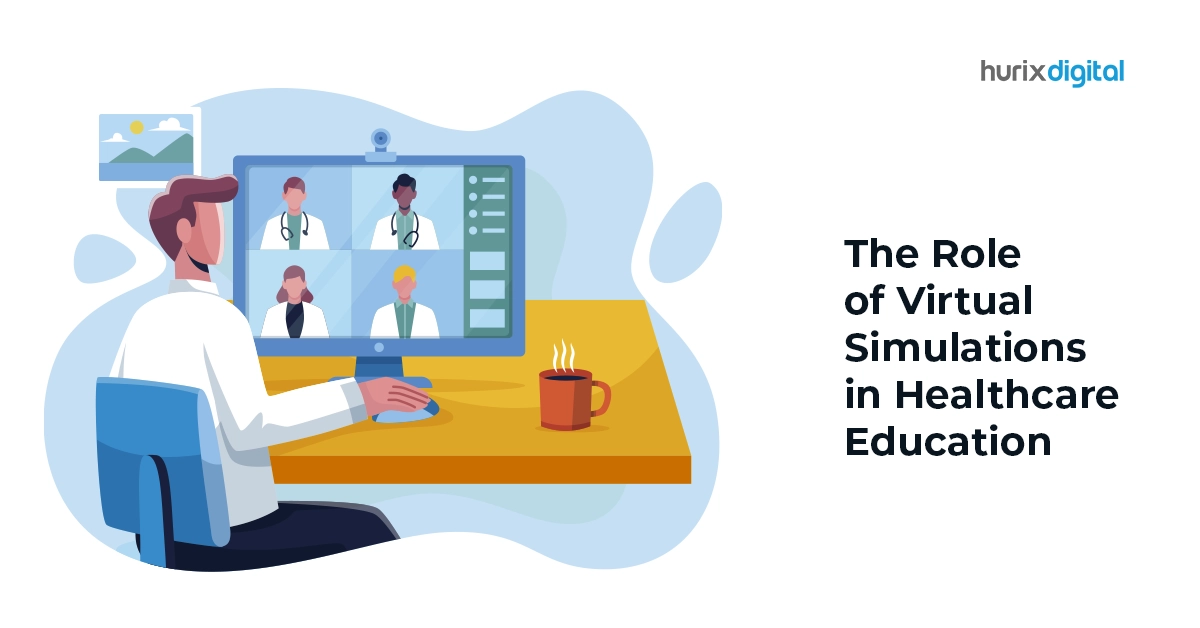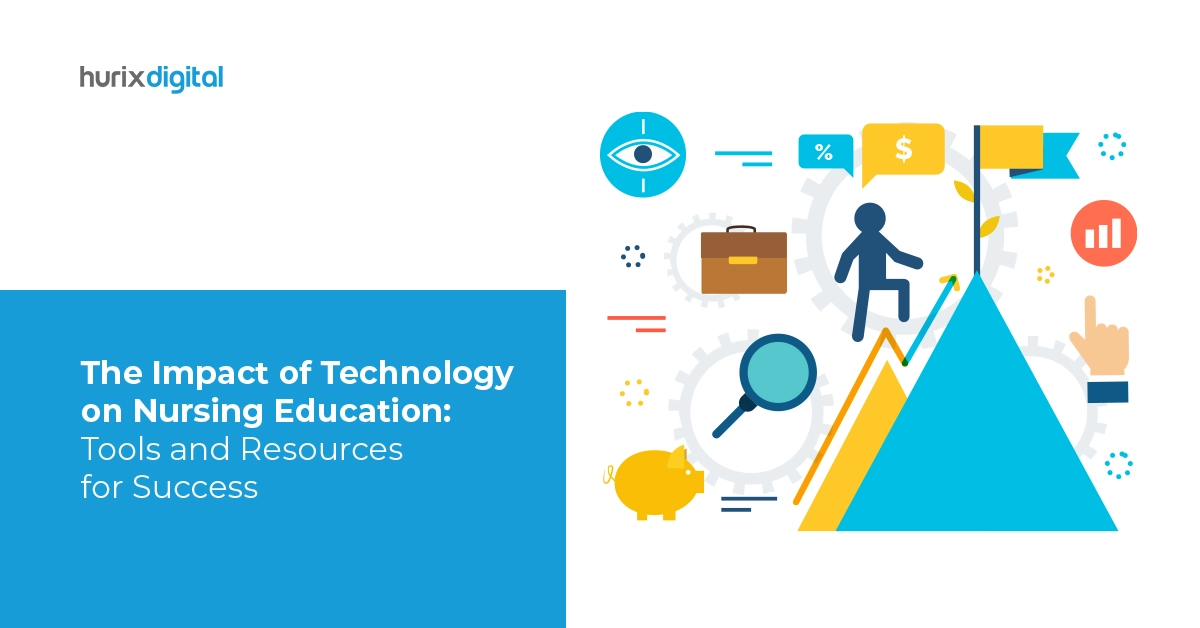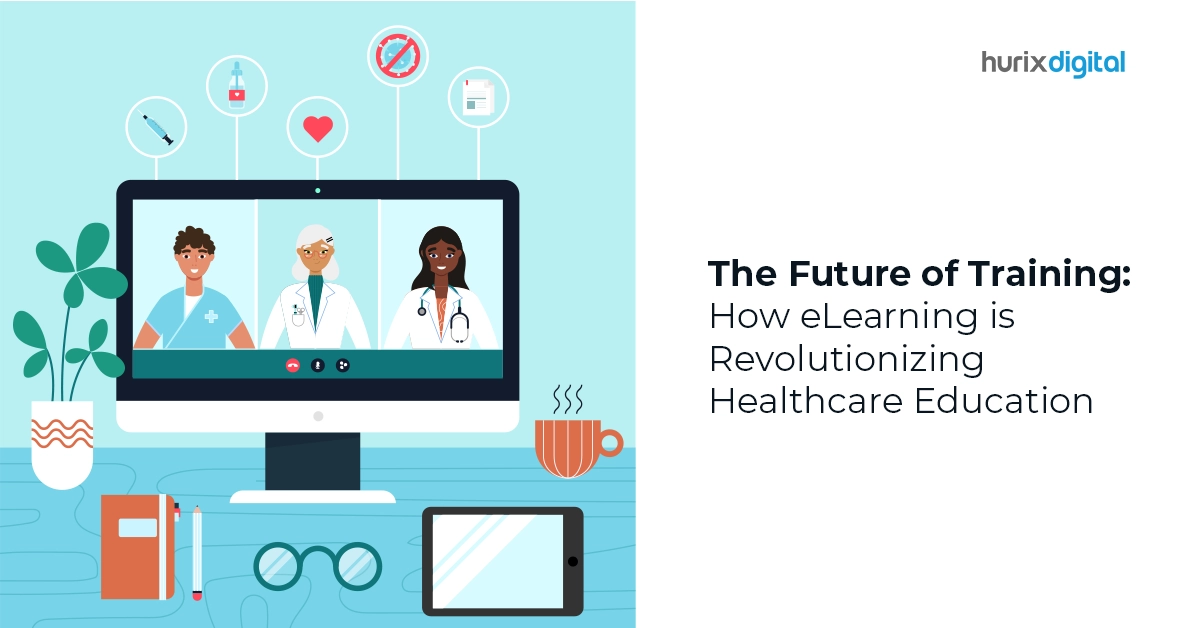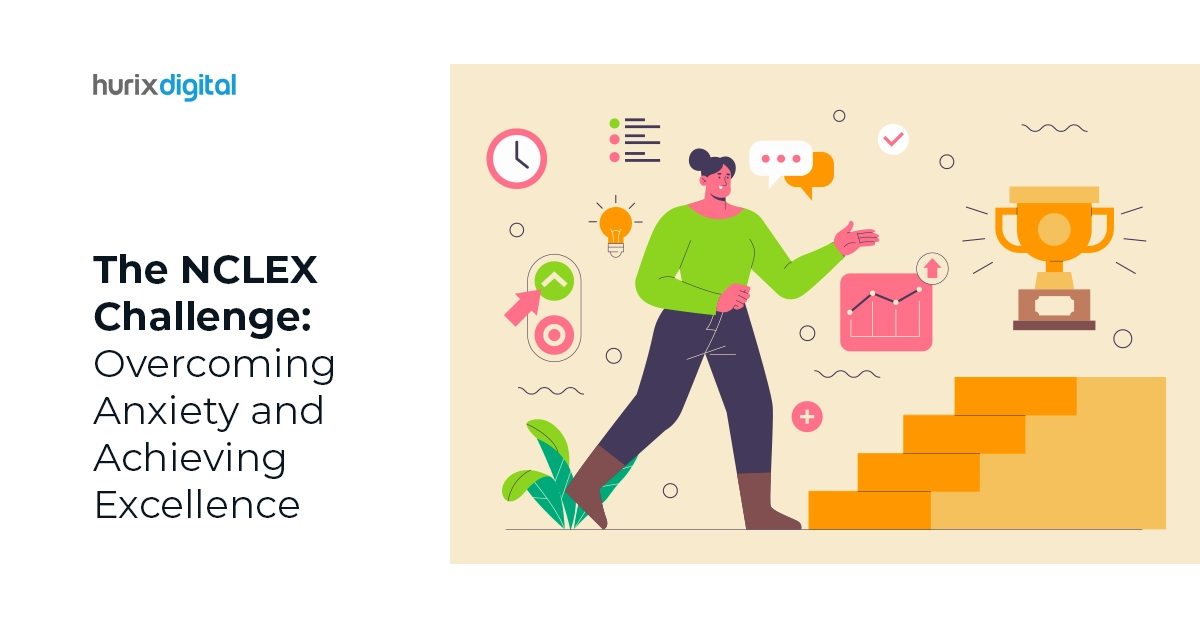Summary
Discover how virtual simulations are transforming healthcare education, offering immersive training experiences for medical professionals. Explore Hurix Digital's innovative solutions for virtual simulations, optimizing learning outcomes in healthcare education. Join the future of medical training with Hurix Digital's cutting-edge technologies.
Traditional healthcare education has long relied on lectures, textbooks, and hands-on experiences to teach students the necessary skills and knowledge. While these methods have their merits, they also have limitations. One major drawback is the lack of practical experience and exposure to real-life scenarios that students may encounter in their careers. Without the opportunity to practice in a safe and controlled environment, students may feel unprepared and overwhelmed when faced with real patients.
Additionally, traditional methods of education can be time-consuming and expensive. Students often have to wait for opportunities to practice on real patients, which can delay their learning and hinder their progress. The cost of equipment, resources, and facilities for hands-on training can also be a barrier for many institutions.
These limitations highlight the need for innovative approaches to healthcare education that can bridge the gap between theory and practice. Virtual simulations offer a promising solution to these challenges by providing a realistic and immersive learning environment for students.
Table of Contents:
- Understanding the Concept of Virtual Simulations
- The Benefits of Virtual Simulations in Healthcare Learning
- Challenges in Implementing Virtual Simulations
- The Future of Virtual Simulations in Healthcare Education
- Conclusion
Understanding the Concept of Virtual Simulations
Virtual simulations refer to computer-based programs that simulate real-life scenarios and allow users to interact with them in a virtual environment. These simulations can range from simple tasks like taking a patient’s vital signs to complex procedures like performing surgery. They often incorporate realistic graphics, sounds, and haptic feedback to create a lifelike experience for the learner.
In healthcare education, virtual simulations can be used to teach a wide range of skills and knowledge. Students can practice clinical reasoning, decision-making, and critical thinking in a risk-free environment. They can also learn to navigate complex medical equipment, perform procedures, and communicate effectively with patients and colleagues.
Virtual simulations also provide opportunities for repetition and self-paced learning. Students can repeat scenarios as many times as they need to master the skills and build confidence. They can also access simulations at their convenience, allowing for flexible learning and individualized instruction.
Also Read: How to Use Simulations in Online Learning?
The Benefits of Virtual Simulations in Healthcare Learning
Virtual simulations offer several benefits for healthcare learning. Firstly, they provide a safe and controlled environment for students to practice their skills without the risk of harming real patients. This allows students to make mistakes, learn from them, and refine their techniques in a supportive setting.
Secondly, virtual simulations can expose students to a wide range of scenarios that they may not encounter during their clinical rotations. They can practice rare or complex procedures, handle emergencies, and develop their problem-solving abilities. This exposure to diverse situations prepares students for the challenges they may face in their future careers.
Furthermore, virtual simulations can enhance the engagement and motivation of learners. The interactive nature of simulations keeps students actively involved in the learning process, increasing their interest and retention of information. The immediate feedback provided by simulations also helps students identify areas for improvement and track their progress over time.
Lastly, virtual simulations can be cost-effective compared to traditional methods of education. Institutions can save on resources, equipment, and facilities, making healthcare education more accessible to a larger number of students.
Challenges in Implementing Virtual Simulations
While virtual simulations offer numerous benefits, there are also challenges in their implementation. One major obstacle is the initial cost of developing high-quality simulations. Creating realistic graphics, sounds, and interactive scenarios requires expertise and investment in technology and software.
Another challenge is the need for faculty training and support. Educators must be trained to effectively integrate virtual simulations into their curriculum and provide guidance to students. This requires time, resources, and a willingness to adapt to new teaching methods.
Additionally, the availability of technology and access to virtual simulations can be a barrier for students in underprivileged areas or those with limited resources. Institutions need to ensure equitable access to these educational tools and bridge the digital divide.
Lastly, there may be resistance to change and skepticism about the effectiveness of virtual simulations among educators and students. Overcoming these barriers requires evidence-based research, collaboration, and sharing success stories to demonstrate the value of virtual simulations in healthcare education.
The Future of Virtual Simulations in Healthcare Education
The future of virtual simulations in healthcare education is promising. As technology continues to advance, simulations will become even more realistic, immersive, and interactive. Virtual reality (VR) and augmented reality (AR) are already being integrated into healthcare education, allowing students to experience procedures and scenarios in a more immersive and lifelike manner.
Furthermore, virtual simulations can be tailored to individual learning needs, allowing for personalized instruction and adaptive learning. Artificial intelligence (AI) can analyze student performance and provide targeted feedback and recommendations for improvement.
Collaboration and networking opportunities can also be integrated into virtual simulations, allowing students to connect with peers and experts from around the world. This global perspective can enhance cultural competency and collaborative skills, which are essential in healthcare practice.
Also Read: Virtual Labs and Simulations – Helping K-12 Students Learn Science Online
Conclusion
In conclusion, virtual simulations have the potential to revolutionize healthcare education by providing a safe, realistic, and engaging learning environment. They offer numerous benefits, including increased access to practice opportunities, exposure to diverse scenarios, enhanced engagement, and cost-effectiveness. While there are challenges in implementing virtual simulations, the future holds great promise for their continued development and integration into healthcare curricula.
To learn more about virtual simulations and how they can enhance your healthcare education, visit Hurix Digital. Hurix Digital is a leading provider of innovative eLearning solutions, including virtual simulations, that can transform the way you learn and prepare for your future career in healthcare.










